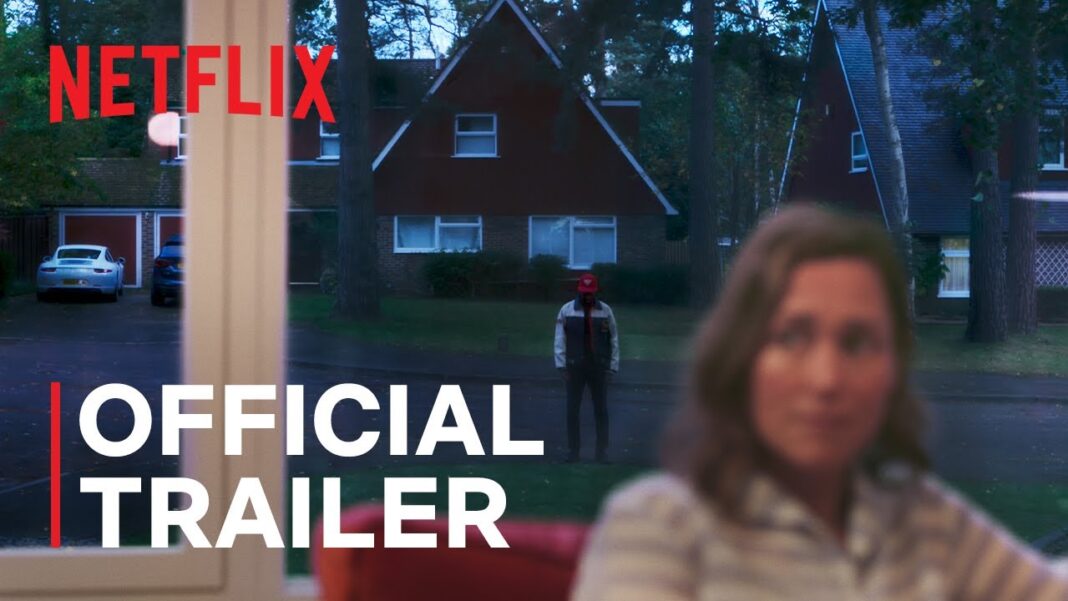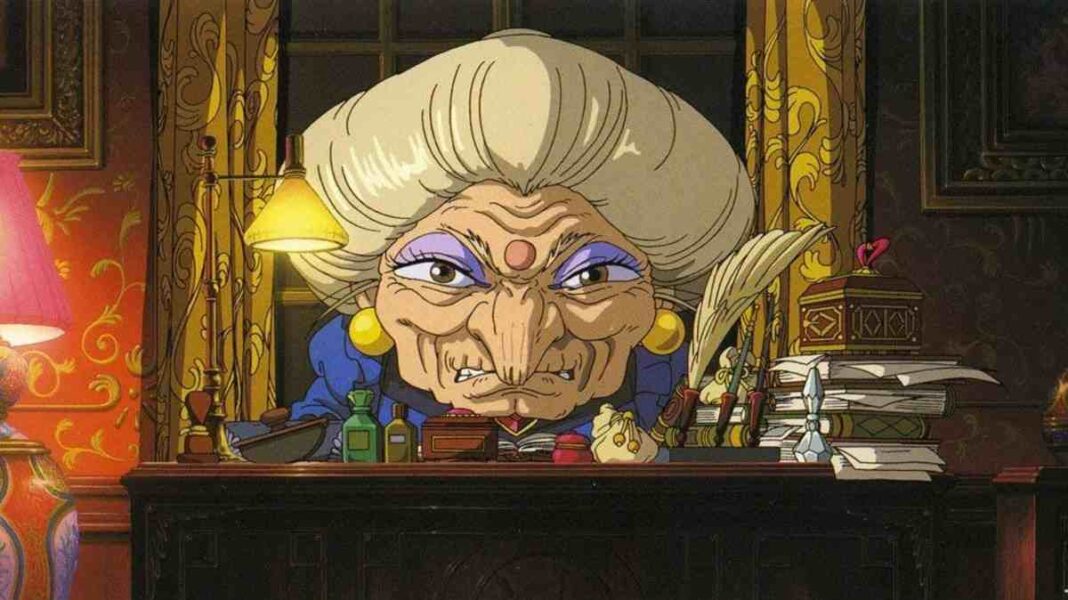Regardless of how much we enjoy getting glammed up and heading to our favorite cafes, there’s no replacement for date night on your boho balcony or on the cozy couch. Bake a San Francisco-style pizza and some cupcakes, and settle in with your loved ones to watch the movies from Netflix we have curated for you for pre-Valentine’s Week. These are not the typical rom-com flicks, but a surely sensitive watch tastes like an irresistible shot, no hangover but lachrymose at its peak.
Blue Jay (2016)
If you keep on reminiscing about the first unfeigned love, then “Blue Jay” has to be on your watchlist. It has the simplest plotline with a sensitive tear-ending session, directed by Alex Lehmann. After twenty years, Jim (Mark Duplass) and Amanda (Sarah Paulson), who were high school lovebirds, cross each other’s paths in a supermarket and reunite but end up cutting ties again. The rekindled spark within them burns slowly but radiantly enough to keep their heartfelt emotions alive within the viewer’s heart. “Blue Jay” is breathlessly enjoyable, emotionally distraught, and creates enchanting anxiety by indicating if there is any possibility for the two forlorn hearts being together again or if they have walked too far down the memory lane and the pure childhood love has faded in their middle age. It is filmed in black and white, free of all prejudices, and the fans are handled with a series of sensitive and masterfully crafted sequences that feel so real.
Silver Linings Playbook (2012)
The New York Times Best Seller “Silver Linings Playbook,” authored by Matthew Quick, was launched in 2008 and tailored into an extraordinary feature film in 2012 by David O. Russell. The movie stars Bradley Cooper (as Pat) and Jennifer Lawrence (as Tiffany), along with Robert De Niro, Jackie Weaver, Julia Stiles, and Chris Tucker. The plot tells the story of Pat, a high school teacher who spends four years of his life in the psych ward, is diagnosed with bipolar disorder, returns to reside with his mother (Jackie Weaver), and tries to regain the love of his emotionally distant wife, Nikki (Brea Bee). Ronnie (John Ortiz) and Veronica (Julia Stiles) invited Pat over to a dinner party where he met Veronica’s beautiful sister Tiffany, a crazy young widow. That very night they talked and found a lot in common, including Tiffany’s admission that she has been using physical intimacy as a coping mechanism after the death of her husband. But eventually, she turns out to be the cure for Pat, while Pat seems to be stuck in his toxic marriage. There is always a silver lining no matter how damaged the souls are- from cruising risky twisted endings between utterly ridiculous comedy and intense conflict while allowing for genuine compassion; the dramedy is bizarre yet endearing.
The Guernsey Literary And Potato Peel Pie Society (2018)
Written by Mary Ann Shaffer and Annie Barrows, the film describes a winsome British writer, Juliet (Lily James), who tours Guernsey, a tiny island on the coast of Normandy, after receiving letters from pig farmer Dawsey Adams (Michiel Huisman), to learn more about a reading club framed during World War II. Juliet Ashton gets to know the struggles of the members of the literary society during the German occupation, including the cranky local postman Eben, resilient Amelia, kooky Isola, a young utopian lady Elizabeth, and of course, the handsome founder Adams. Publically, they’re all together to read and bake fresh veggies, but secretly they’re feasting on verboten pork bellies, sipping bathtub gin, and strengthening their outspoken group away from the barbaric rulers. The absolutely cozy and engaging film, directed by Mike Newell, portrays the quintessence of books and love letters, featuring not-so-callous bucolic living, along with “potato peel pie” and a stroke of true love and warmth.
Elisa & Marcela (2019)
Based on true events and featuring the poignant love story of Elisa Sánchez Loriga and Marcela Gracia Ibeas, the movie revolves around the first same-sex marriage that occurred in the 1900s in Spain, even before it was legalized in the country. The film depicts the difficulties that Elisa (Natalia de Molina) and Marcela (Greta Fernández) experienced and the deep compassion that could drive them to any extent to live with each other, just like Elisa disguised herself as a man. They are seen playing in the ocean, knitting a canopy of dreams, cooking delicacies, and making love to each other to the fullest. Helmed by Isabel Coixet, the black-and-white cinematography not only shows the erotic moments between the Catholic women but rather represents the brutal reality of society: being mocked by nuns, having hateful parents, exorbitant rules, and ruthless men. Through their historic story, the two lesbians depict that love itself is a religion that should be accepted and respected without regard to any caste, creed, or sexuality.
The Reader (2008)
This film is an adaptation of a German novel written by Bernhard Schlink and is about Michael Berg (David Kross), a teenager who suffers from scarlet fever and is taken care of by Hanna Schmitz (Kate Winslet), an outsider in her mid-30s. Michael gets to know that Hanna relishes it when he reads the classic novels aloud to her; with that, secretly, they also form a deep, stimulating intimacy. But besides their close connection, Hanna suddenly and inexplicably vanishes one day, leaving Michael befuddled and grieving. Almost eight years after becoming a successful lawyer, Michael encounters his lady love in the Nazi concentration camp. He discovers that an insightful woman is being accused of the deaths of many Jewish women when there was a sudden breakout of fire. She signed the documents of her imprisonment, which eventually reveals to Michael that she was illiterate and pretentious too. After ten years, Michael gets divorced from his wife and creates voice recordings of books he previously read to Hannah; but in the end, it is just fate! She takes her own life, and Michael is seen mourning by her graveyard. This might not be a romantic film, but it’s a great watch that possesses a philosophical perspective in the era of fascism, directed by Stephen Daldry.


